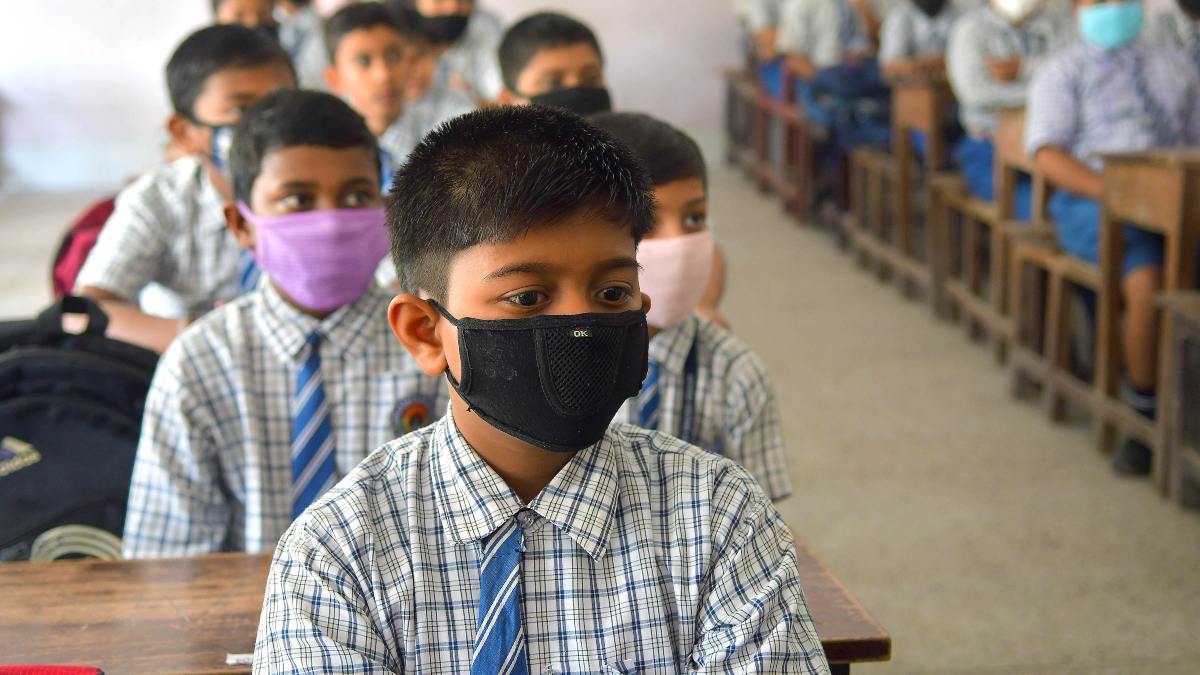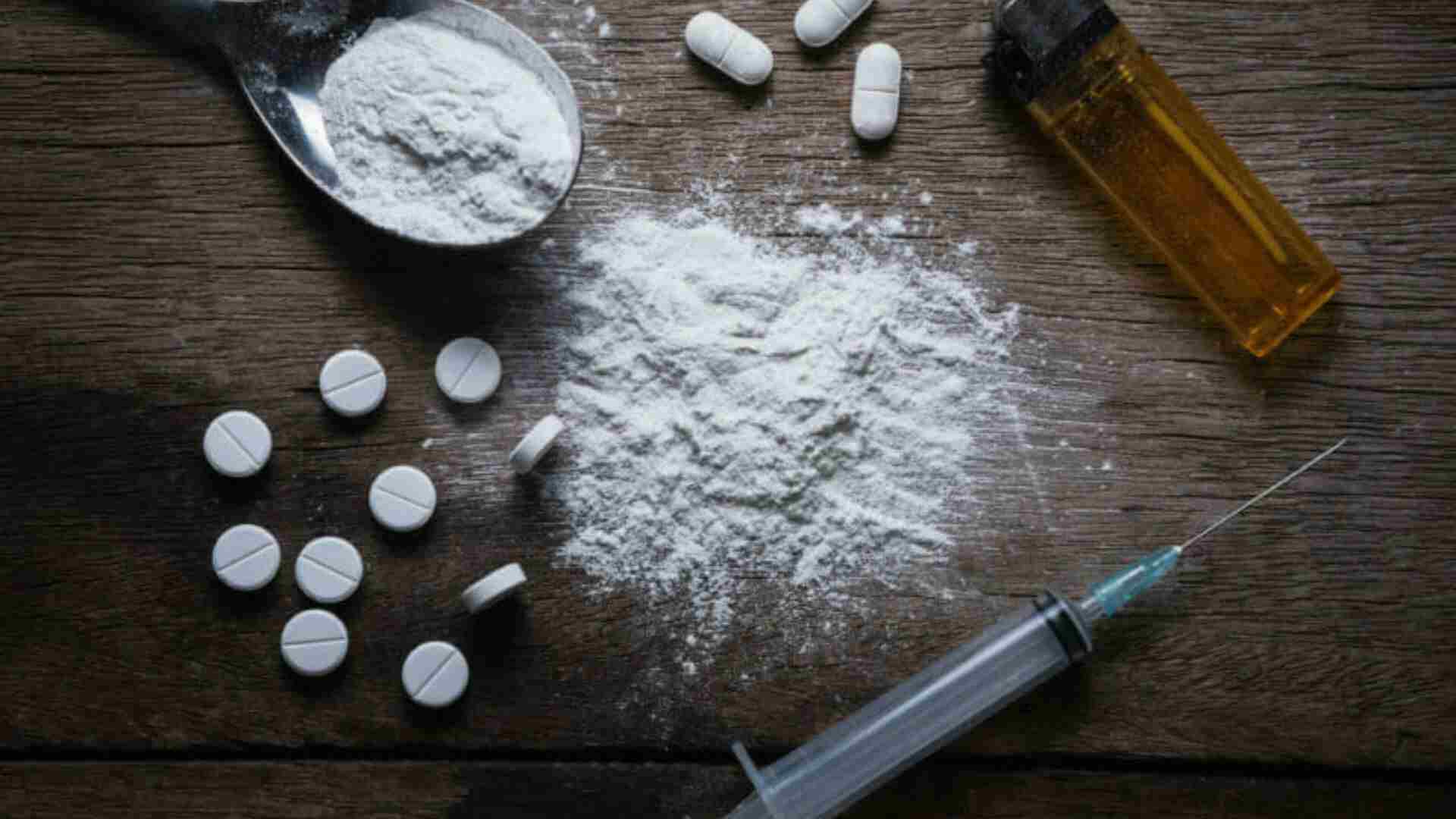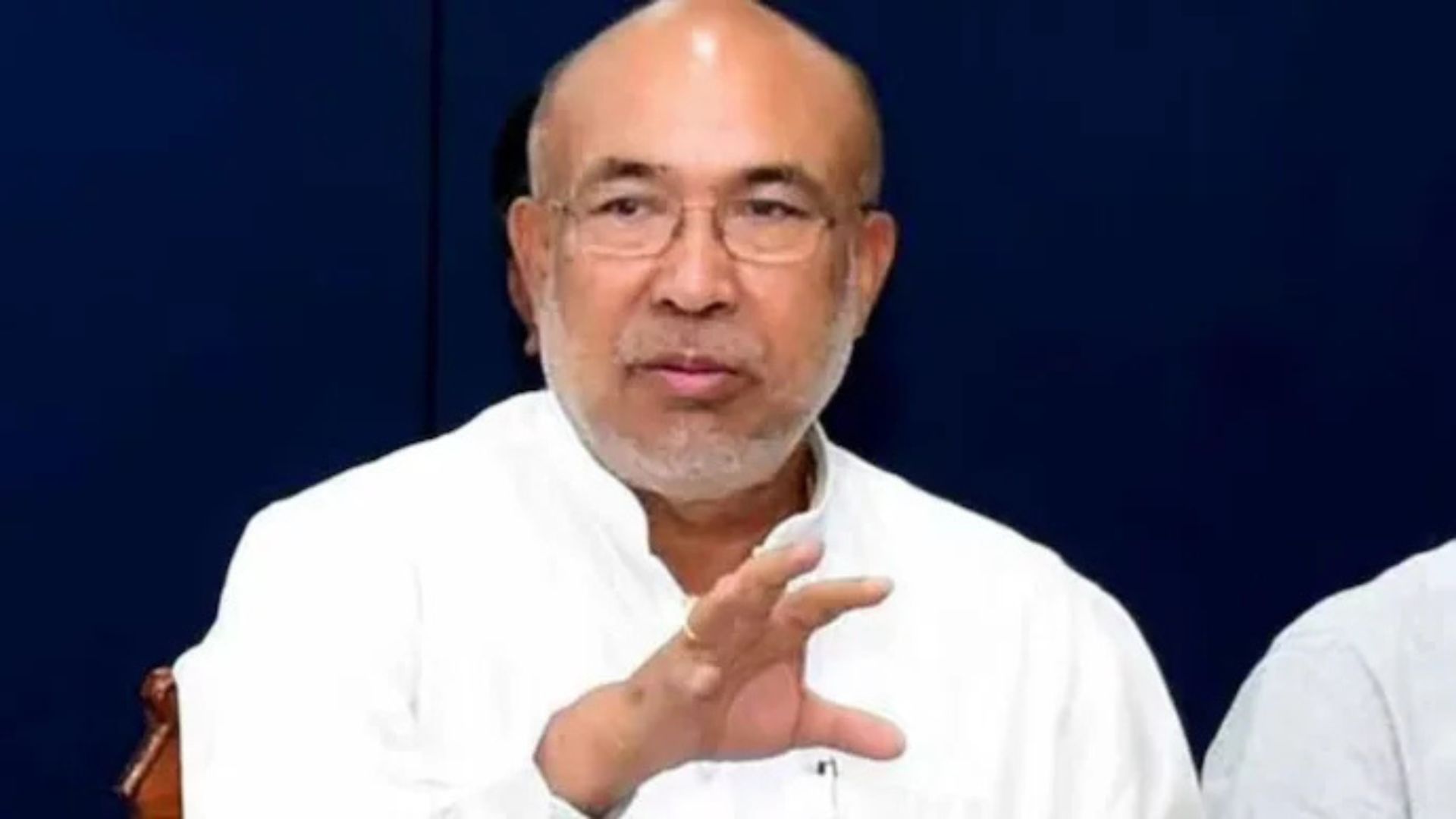
Showing the way ahead, the Indian Council of Medical Research (ICMR) has recommended reopening of schools at least in those areas where the Covid positivity rate is negligible along with strict appropriate guidelines.
In an exclusive conversation with The Daily Guardian, Dr Sandip Mandal, scientist, ICMR, said that schools can’t be shut forever as education is suffering, therefore, at least in those districts where the positivity rate is negligible, schools must be reopened with full Covid guidelines.
As a debate is raging over the recent Covid surge in Kerala, Dr Mandal said Bakrid relaxations alone can›t be blamed for the Kerala surge as cases are on the rise in other states as well, but this might be one of the seasons. The Kerala government is under fire for extending Bakrid relaxations as over 40 percent of new infection cases are being reported from this southern state. He added that it is not time to go out and party and Covid appropriate behaviour should be must for all Indians.
Amidst apprehensions over third wave hitting India in September October, Dr Mandal said “nobody can say when Covid will hit us, but yes, there is a probability of a third wave as the virus is constantly mutating”. After having learnt hard lessons, the ICMR said rather than going for state lockdowns or national lockdowns, “our approach should be based on micro containment in order to save the economy and daily life affairs”.
Meanwhile, India reported 42,982 new cases in the last 24 hours while 533 people succumbed to the virus. As per the data shared by the Health Ministry, India›s active caseload currently is at 4,11,076, while the weekly positivity rate remains below 5%, currently at 2.37%. The data further said that India’s Covid-19 vaccination coverage has crossed the landmark milestone of 49 crore as more than 50.29 lakh vaccine doses were administered on Thursday.
A new report, meanwhile, has said that people who have received both doses of their coronavirus vaccine are three times less likely to get infected with Covid-19. The Real-time Assessment of Community Transmission (REACT-1) study, one of the UK›s largest studies into Covid-19 infections in the country, reported on Wednesday that infections in England have increased four-fold from 0.15 per cent to 0.63 per cent since the last REACT-1 report, which covered the period from May 20 to June 7. However, its results did show a slowdown in infections since July 12.
Analysis by Imperial College London and Ipsos MORI, which had over 98,000 volunteers taking part in the study in England between June 24 and July 12, suggests double vaccinated people are also less likely to pass on the virus to others. «Our vaccination rollout is building a wall of defence that means we can carefully ease restrictions and get back to the things we love, but we need to be cautious as we learn to live with this virus,» said UK Health Secretary Sajid Javid.
«This report shows the importance of taking personal responsibility by self-isolating if you are contact traced, getting tested if you have symptoms and wearing face coverings where appropriate. I urge anyone who has yet to receive a vaccine to get jabbed and take up both doses the vaccines are safe and they are working,» he said.
Data from Public Health England (PHE) shows that the vaccines being administered in the UK are «highly effective» against all variants of Covid-19. The Pfizer/BioNTech vaccine is 96 per cent effective and the Oxford/AstraZeneca vaccine is 92 per cent effective against hospitalisation after both doses. PHE estimates that the vaccination programme in England has prevented 22 million infections, around 52,600 hospitalisations and between 35,200 and 60,000 deaths.















